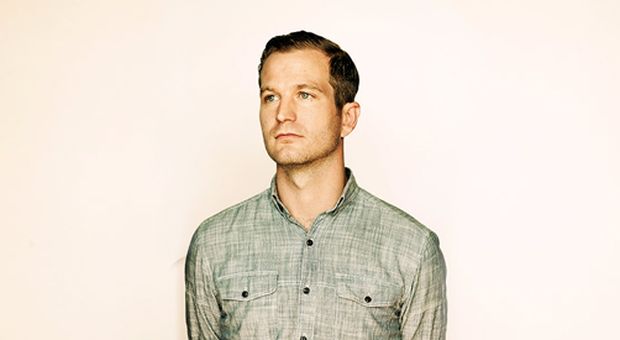
Cecil Otter is one of the founding members of the hip-hop collective Doomtree. He could easily be considered a lyrical genius as well as a prodigy in production. As a younger man, Cecil went semi-pro as a skateboarder but with inspiration in hip-hop from his sister, he stuck to music and made it his main priority as a career. He’s been involved with nearly a dozen Doomtree releases as well as solo work, and is currently in progress of a new solo endeavor.
UTG had the opportunity to speak with the emcee about his career, inspirations, and what we can expect from him in the future. Please read on and get the scoop on Cecil Otter.
Do you do anything differently writing-wise with Doomtree than you do with your solo work?
I have to write with other people and share ideas when I write with Doomtree. My solo work is just me writing with me. That’s about the difference.
Do you have a personal favorite lyric that you’ve written?
“In this land of milk and honey/we’re to shy to say we’re thirsty/we just make a little money and we… we buy a little mercy.”
Do you have any solo work in progress?
Yes I do. My solo project called “Porcelain Revolver” that will come out on Strange Famous Records, an album with Maggie Morrison of Look Book, Digitata, and GAYNGS that we are calling LA LIBERTE. I am also making an album with a few local Mpls. musicians called The Bleechers… among a hand full of other side projects.
How did Doomtree come to be?
10 or 11 years ago P.O.S, MK Larada, Bobby Gorgeous, and myself combined our ideas and set out to make a self sustaining record label for ourselves. We all moved in together and worked on the music and the business 24 hours a day. A lot of day dreaming and effort turned it into a reality. Later years we brought in more talent (friends) to join us and here we are today (that is the quick version).
Have you been enjoying the success of No Kings?
Yes I have. I put so much work into the producing this record with Beak, we put our asses on the line with the format we were going for as far as song structure worked. We didn’t want to alienate our audience, but we also didn’t want to stay in a stagnant hip hop format. I think we pulled it off pretty well and that makes me happy.
Who/what are some of the biggest influences that go into your writing?
Learning about good strong and honest people in our history, people that fought for their rights and people who know that everything wasn’t meant to come easy. That always fuels my writing.
What is your view on the stereotypes of hip-hop from a white male’s perspective?
Stereo types about hip-hop? I don’t really have a view I guess. I don’t pay any attention to people’s opinions about anything they can’t fully understand. I leave that to the professionals.
When did you start rapping and realize that it’s what you wanted to pursue?
I started rapping when I was about 9 years old. My sister influenced me a lot when I was younger and she was very into the rising rap/hip hop scene. She gave me a box of all her rap tapes the day before she ran away and I memorized each tape front to back in hopes to impress her if she ever came back. She eventually came back years later for a month or two and I started flashing my skills to her and her friends. It wasn’t great obviously, but I stayed writing rhymes from there on out. Then I fell in love with production around age 16 and felt just as enthused by that form of music. It was either music, painting or skateboarding and I chose to make music my main source of inspiration.
What is your next big goal for your career?
Producing for other artists and musicians. I love making a lot of music that isn’t hip hop, so I hope to make my other ventures as successful if not more. That’s about it. Never stop working on my art.
Written and conducted by: Brian Leak
- UTG PREMIERE: Hymn – ‘Mouth’ EP - June 10, 2016
- SakkieFTW snaps you out of it with new EP, ‘Experiment 1.3.2’ - June 6, 2016
- The Lost Poets’ ‘Insubordia pt II’ is dark and gritty - June 3, 2016
